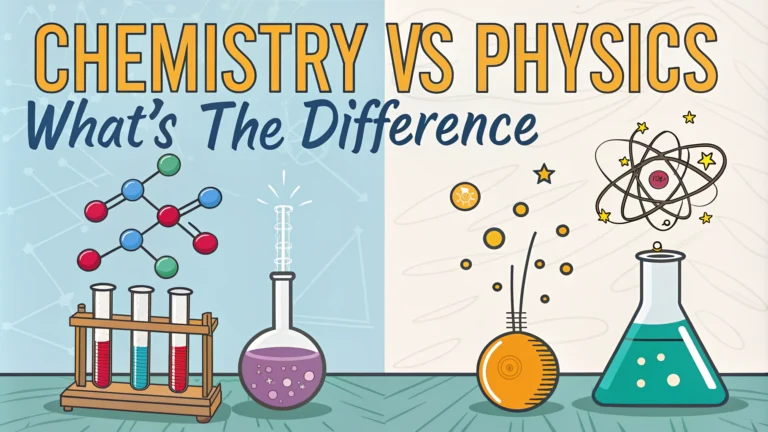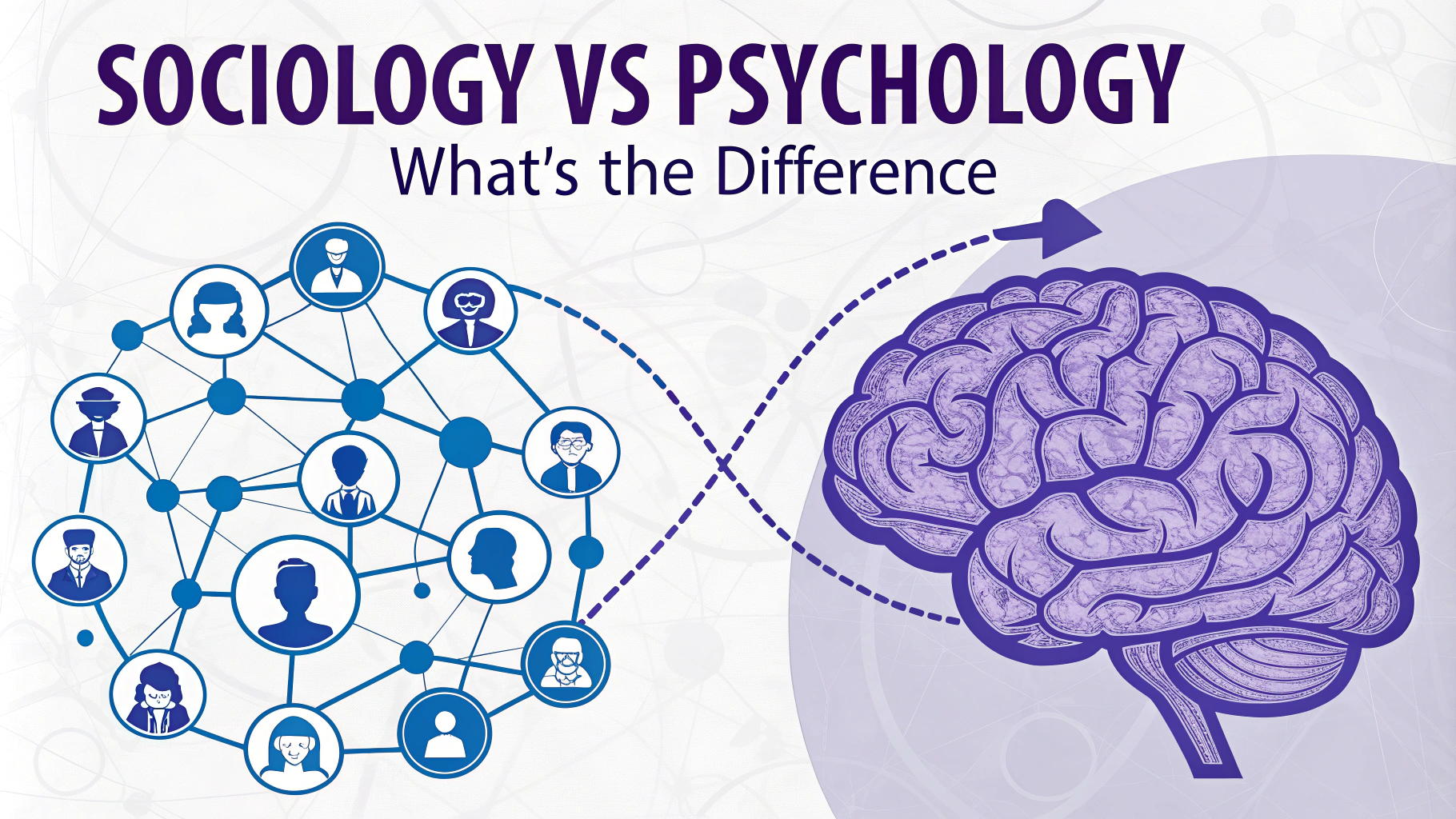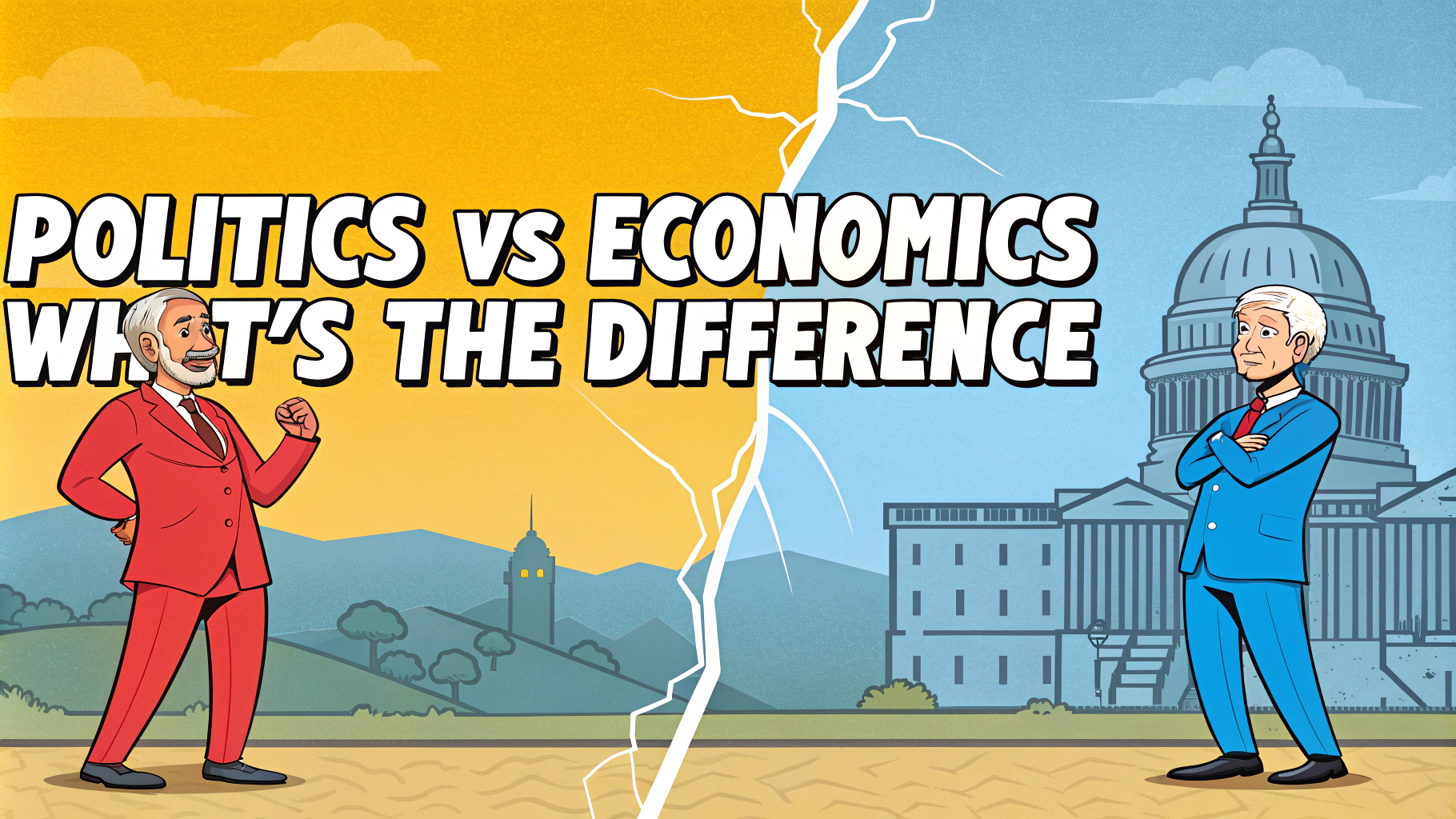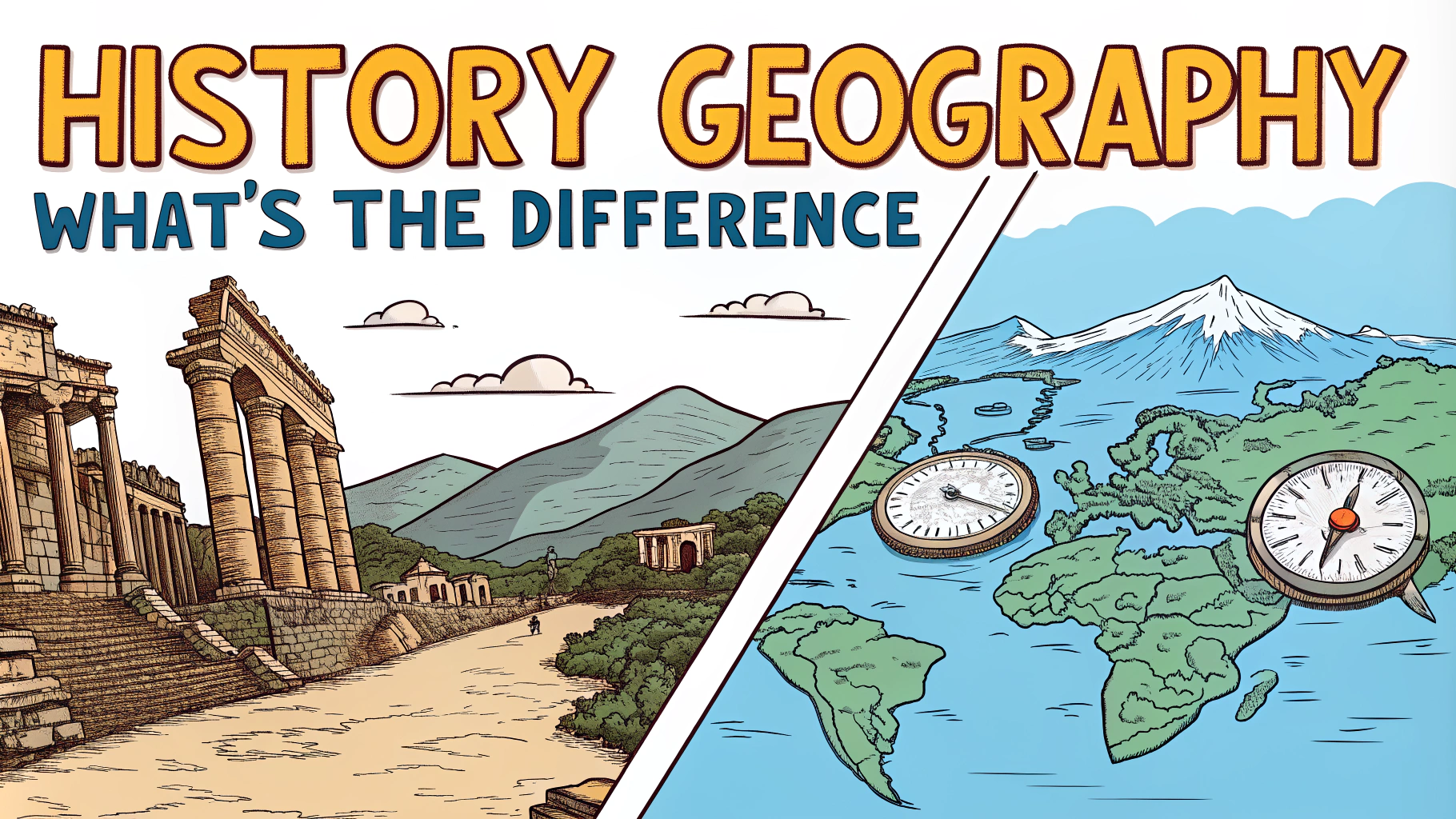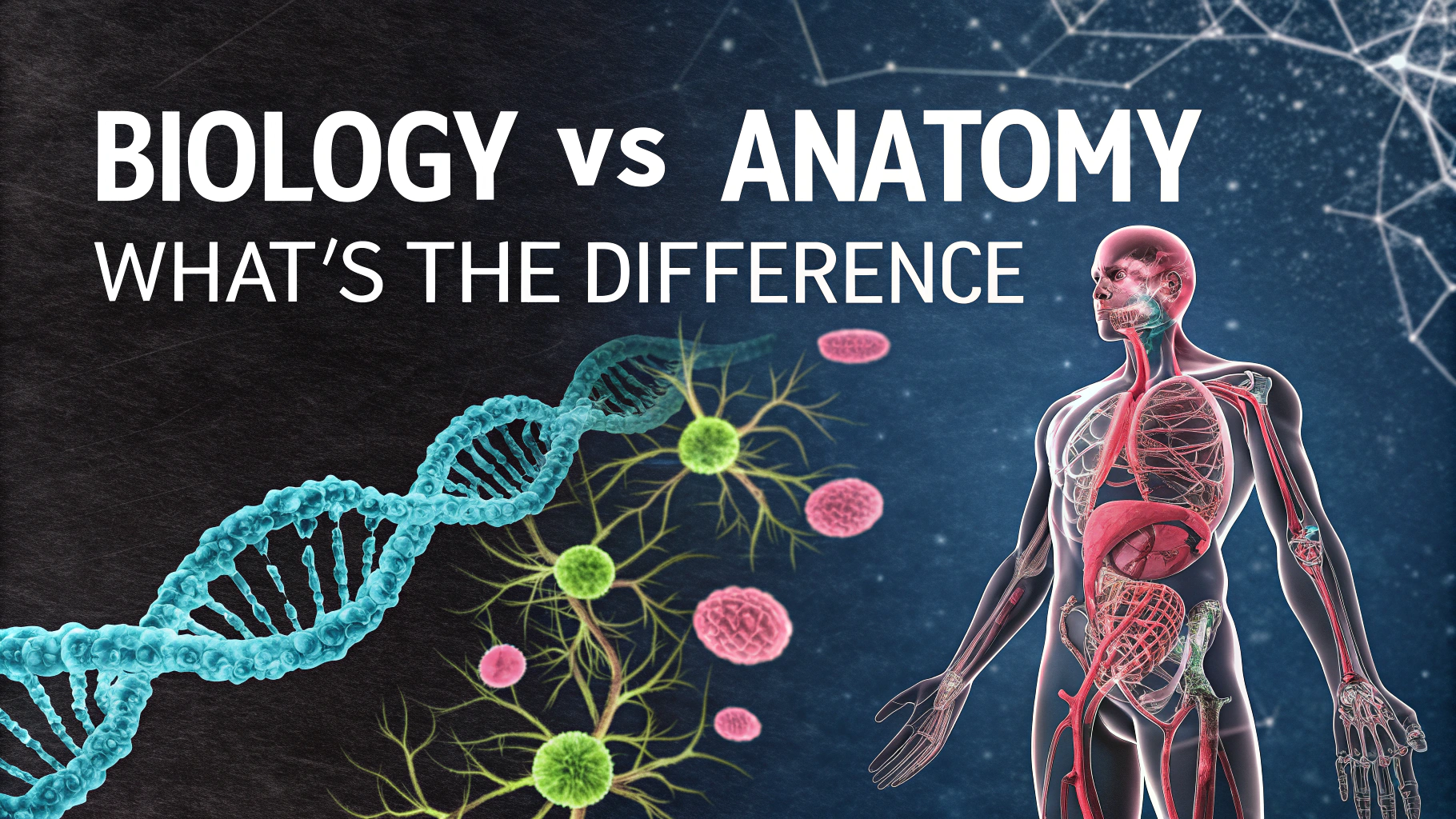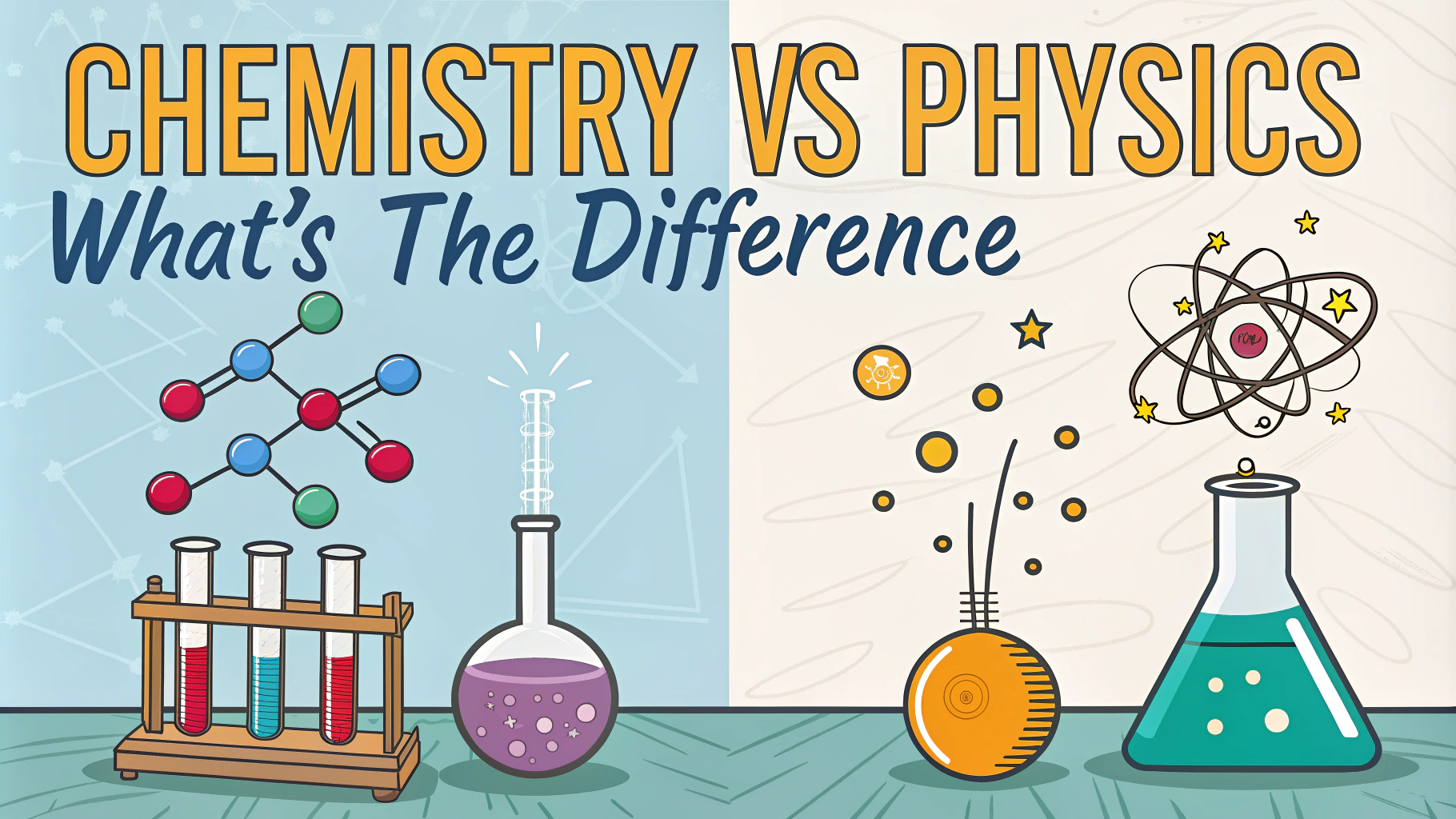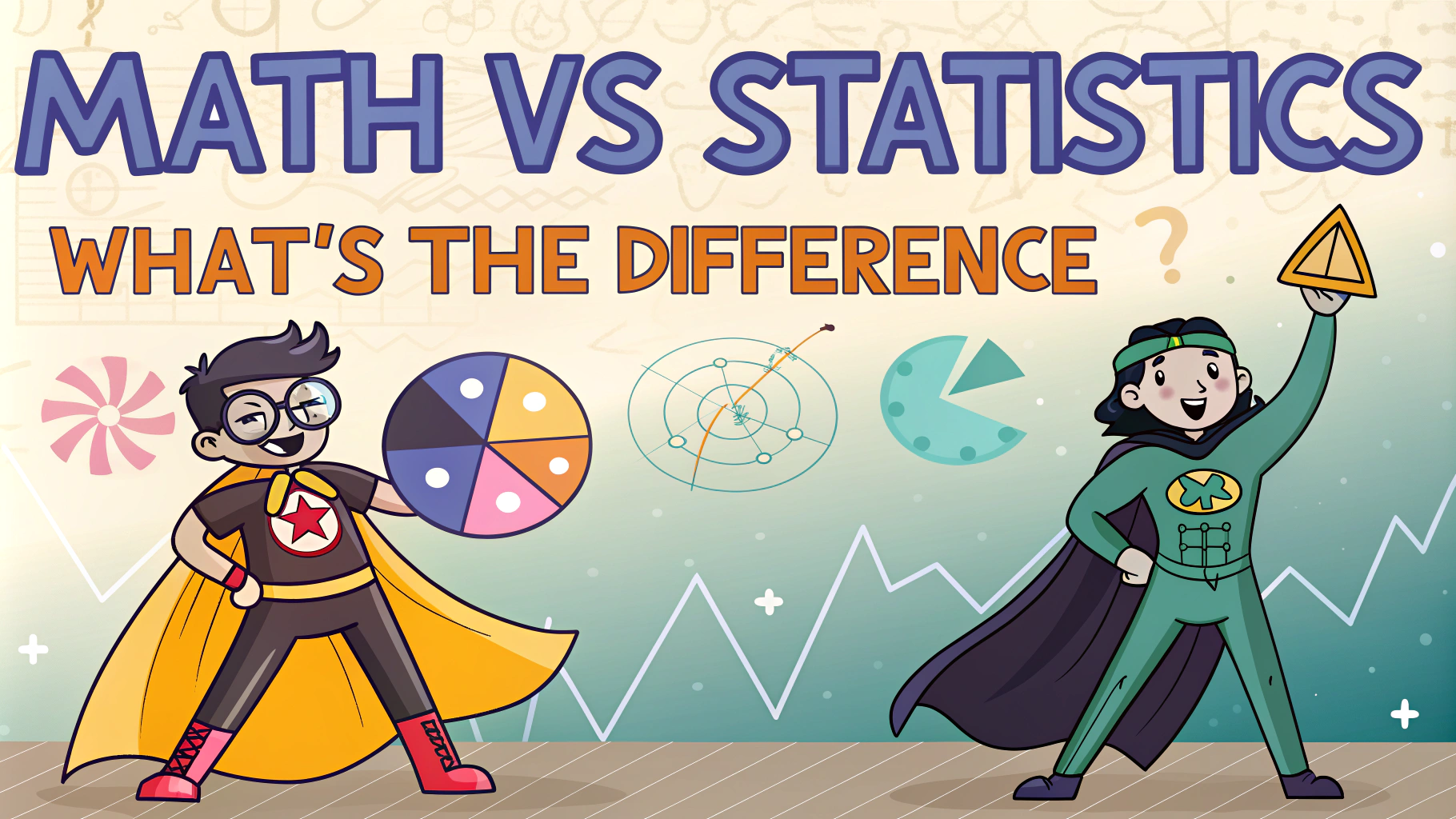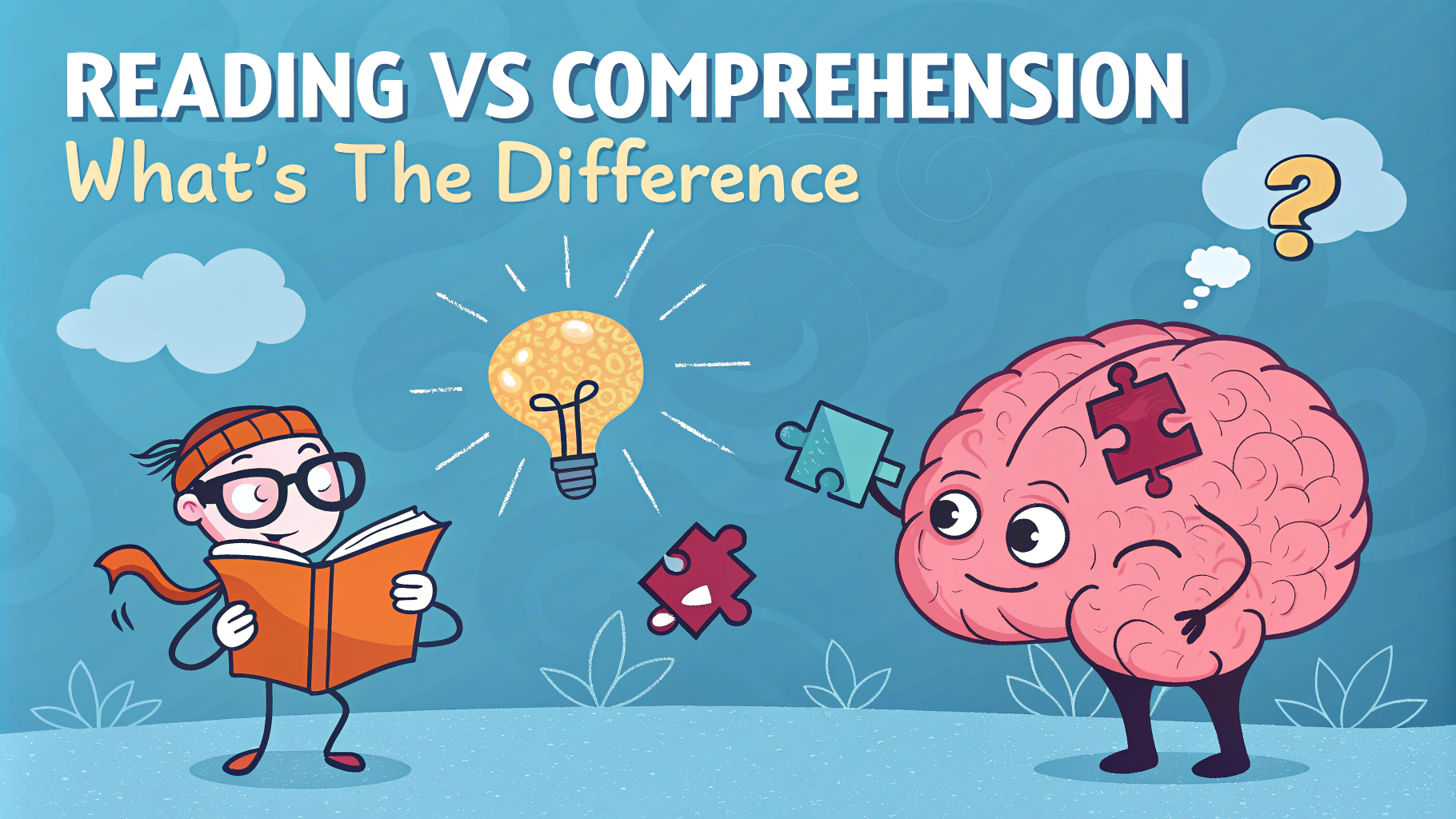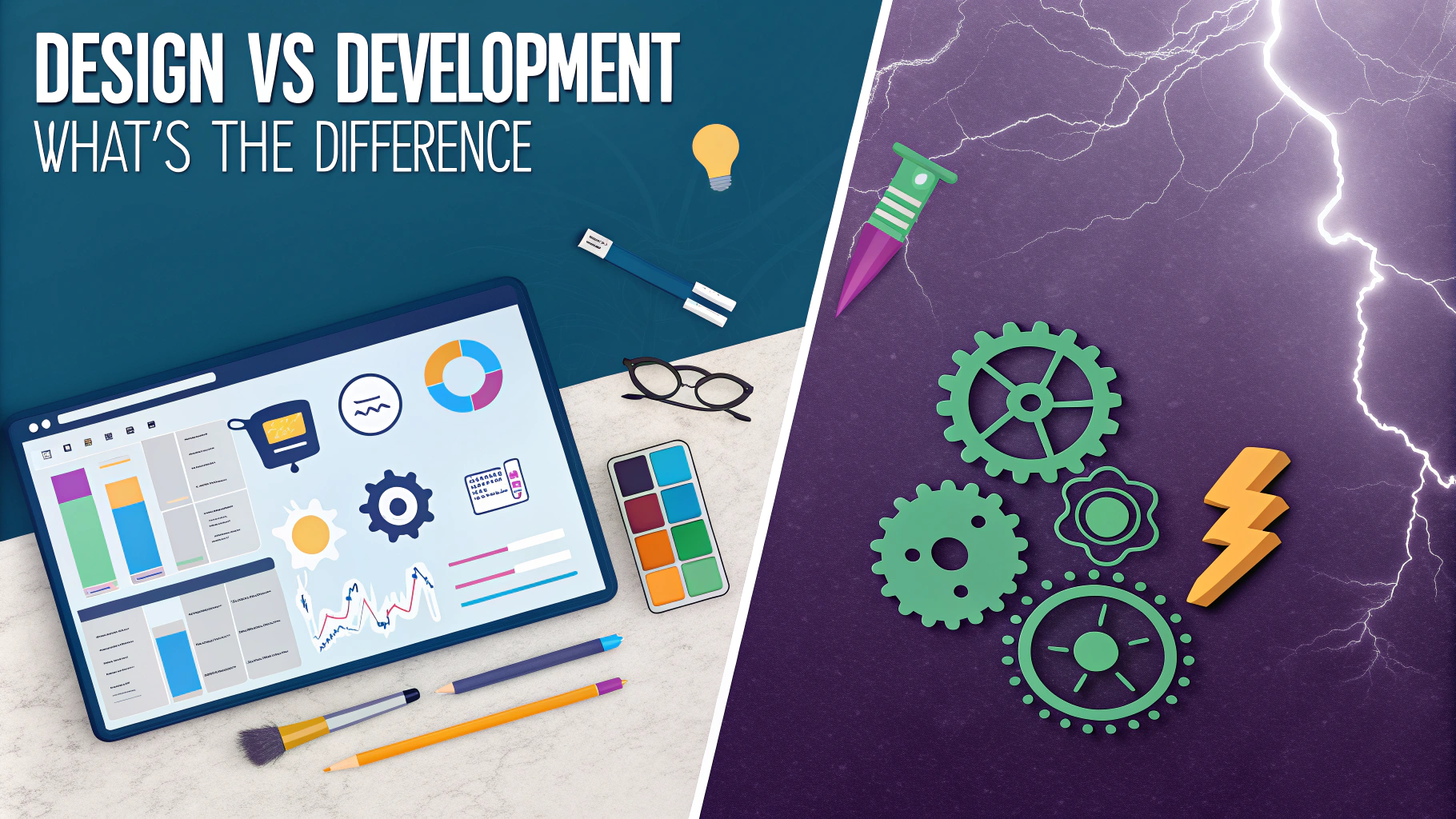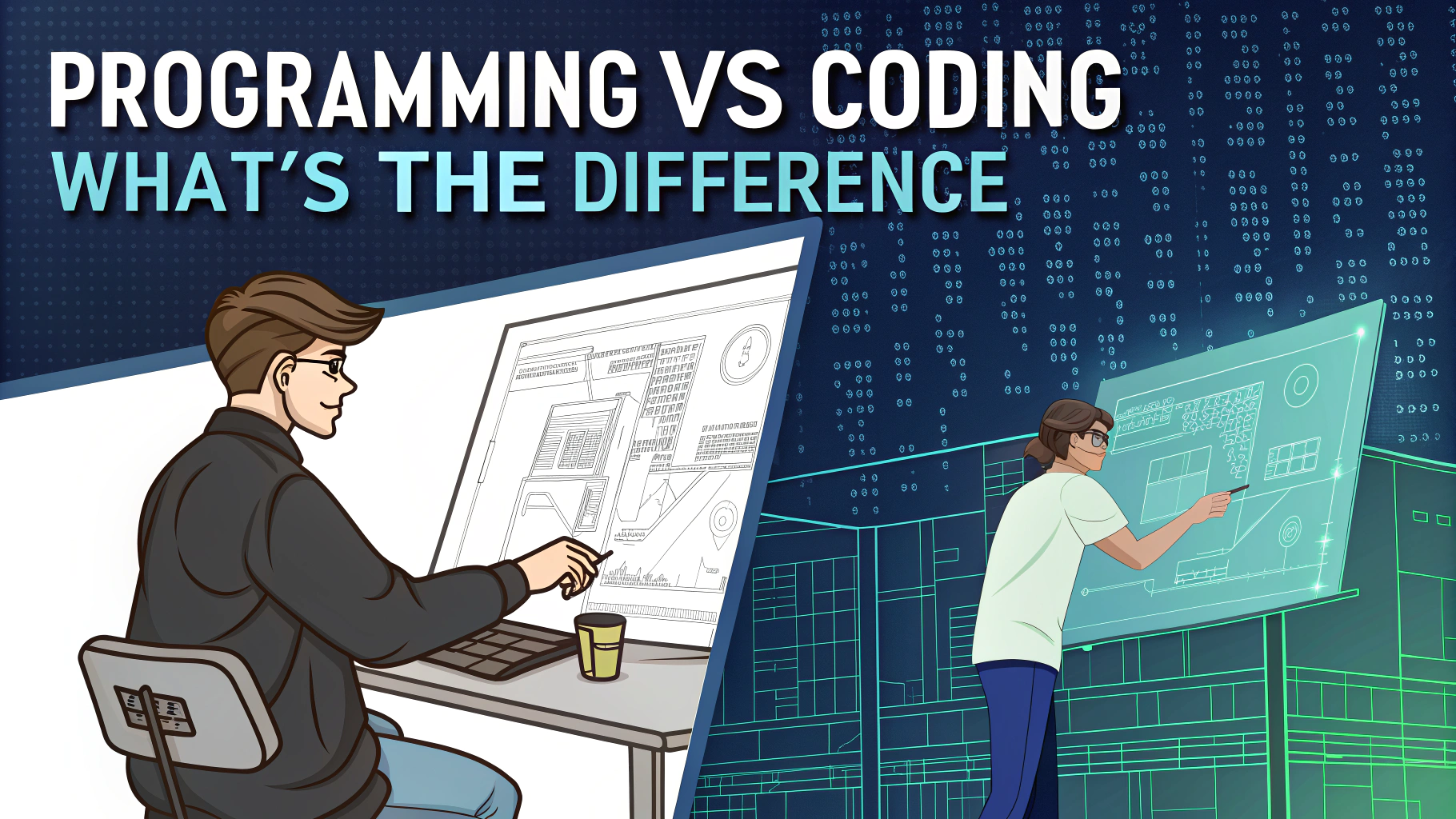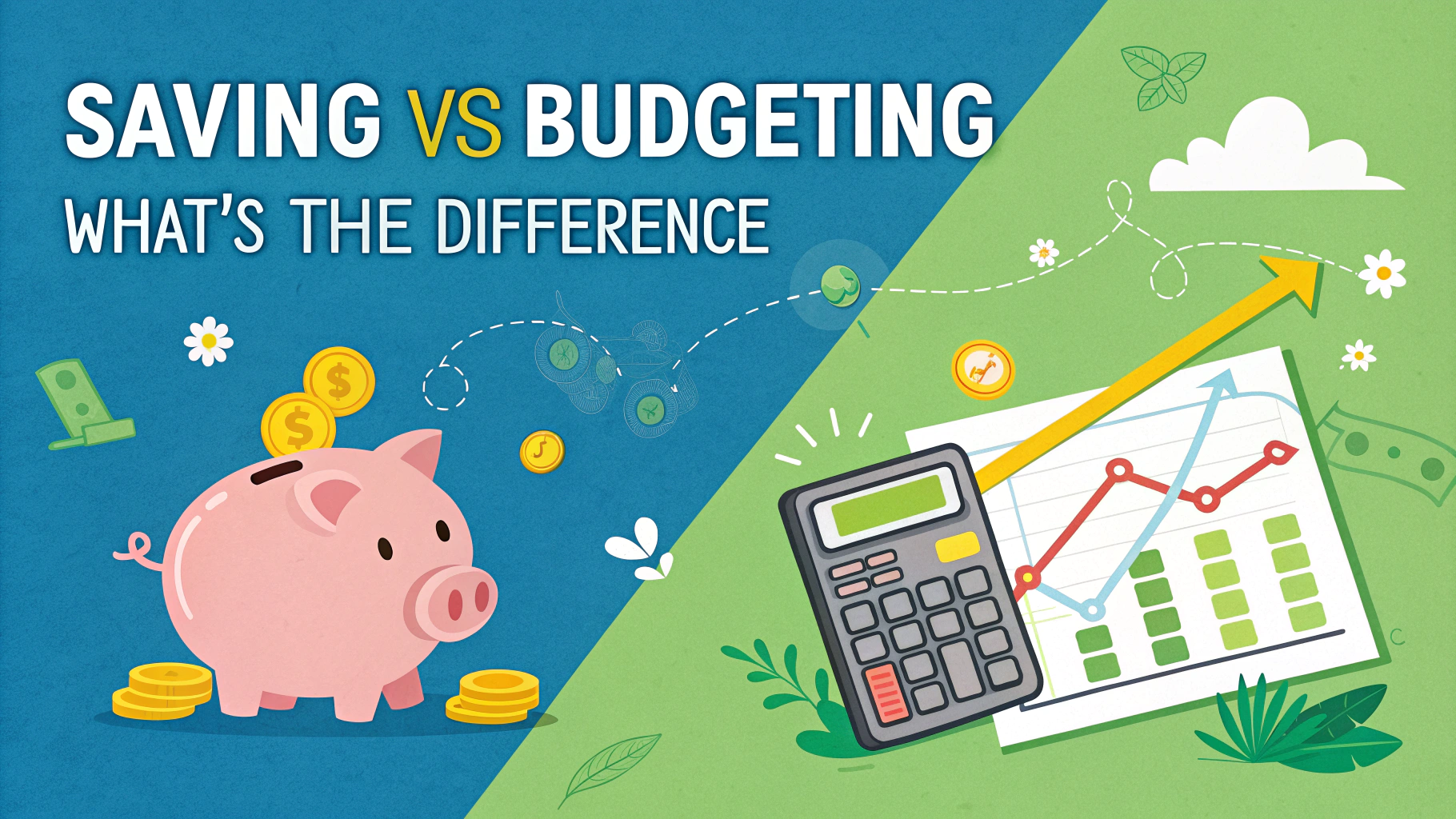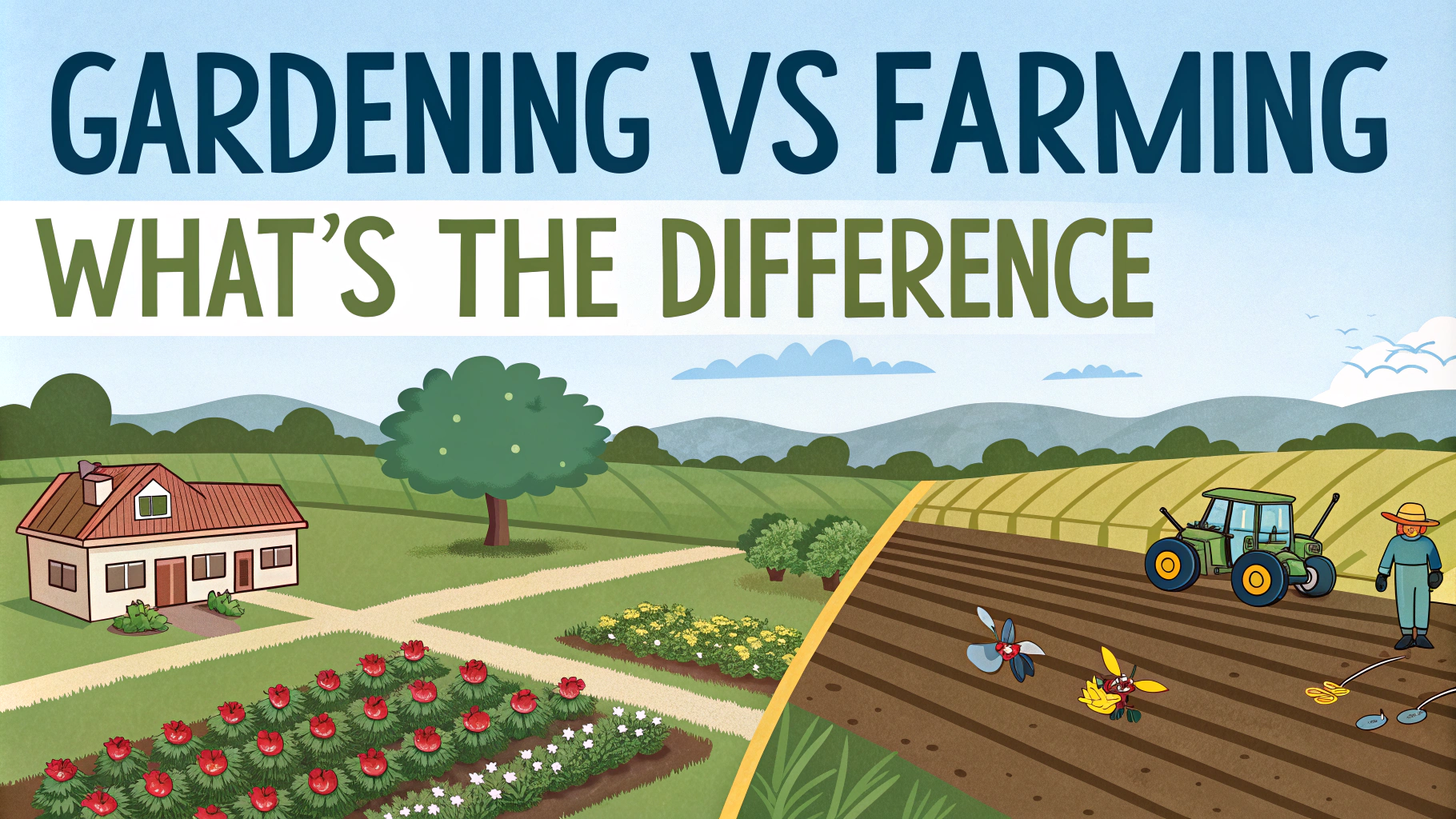The fundamental differences between chemistry and physics shape our understanding of the natural world. Both sciences work together to explain how matter and energy behave, yet each takes a distinct approach to studying these phenomena.
Chemistry focuses on the composition, structure, and properties of substances, while physics examines the fundamental forces and laws that govern the universe. Understanding these differences helps students choose their academic path and professionals specialize in their careers.
Core Principles and Study Focus
- Chemistry examines:
- Atomic and molecular structures
- Chemical reactions and bonds
- Material properties and transformations
- Physics explores:
- Forces and motion
- Energy and thermodynamics
- Space, time, and gravity
Research Methods and Approaches
Each field employs distinct research techniques and methodologies. Physics relies heavily on mathematical models and theoretical frameworks, while chemistry emphasizes experimental procedures and laboratory analysis.
| Chemistry Methods | Physics Methods |
|---|---|
| Spectroscopy | Mathematical modeling |
| Titration | Computer simulations |
| Chromatography | Particle acceleration |
Career Paths and Applications
- Chemistry careers:
- Pharmaceutical research
- Materials development
- Environmental analysis
- Physics careers:
- Aerospace engineering
- Quantum computing
- Energy systems
“Physics explains the ‘how’ of the universe, while chemistry reveals the ‘what’ of matter and its interactions.”
Latest Developments in Chemistry and Physics Research
Chemistry and physics continue to drive scientific progress through groundbreaking research and technological advances. Understanding the key differences and intersections between these fields helps professionals, students, and enthusiasts explore their unique contributions to science.
Modern Research Tools and Technologies
Advanced scientific instruments transform how researchers conduct experiments and analyze data. The integration of artificial intelligence and machine learning speeds up research processes in both fields.
| Modern Chemistry Tools | Modern Physics Tools |
|---|---|
| AI-powered molecular modeling | Quantum sensors |
| Automated synthesis platforms | Advanced laser systems |
| High-resolution microscopy | Supercomputing facilities |
Interdisciplinary Applications
- Joint research areas:
- Materials science
- Nanotechnology
- Quantum chemistry
- Biophysics
Educational Requirements and Pathways
Both fields require strong foundations in mathematics and scientific principles. Specialization typically begins at the undergraduate level.
- Required skills:
- Mathematical analysis
- Laboratory techniques
- Data interpretation
- Computer modeling
Emerging Trends and Future Directions
The boundaries between chemistry and physics continue to blur with emerging technologies. New research areas focus on sustainable energy, quantum computing, and advanced materials.
“The future of science lies in the integration of multiple disciplines to solve complex global challenges.”
Conclusion: The Future of Scientific Discovery
The collaboration between chemistry and physics drives innovation across industries. Understanding both fields provides researchers with powerful tools to address modern scientific challenges.
- Key takeaways:
- Both fields complement each other in research
- Technology continues to advance research capabilities
- Cross-disciplinary knowledge benefits career growth
Chemistry vs Physics FAQs
General Comparison FAQs
Q: What is the main difference between chemistry and physics?
A: Chemistry focuses on the study of matter, its properties, and reactions between substances. Physics studies matter, energy, and their interactions at both microscopic and cosmic scales.
Q: Which is harder – chemistry or physics?
A: Neither is inherently harder. Both require different skill sets. Physics relies more heavily on mathematics and abstract concepts, while chemistry requires strong memorization of reactions and molecular behavior.
Q: Do I need chemistry knowledge for physics?
A: Basic chemistry knowledge helps in physics, especially in topics like:
- Atomic structure
- Nuclear physics
- Thermodynamics
- Quantum mechanics
Career and Education FAQs
Q: Which pays more – chemistry or physics jobs?
A: Average salaries for both fields are comparable, with physics graduates having a slight edge. Physics degree holders average $72,000-$115,000, while chemistry graduates average $65,000-$100,000 annually.
Q: What jobs can you get with chemistry vs physics degrees?
A:
| Chemistry Careers | Physics Careers |
|---|---|
|
– Chemical Engineer – Pharmacologist – Materials Scientist |
– Aerospace Engineer – Data Scientist – Research Physicist |
Study-Related FAQs
Q: Is there more math in physics or chemistry?
A: Physics typically involves more advanced mathematics, including calculus and differential equations. Chemistry uses mostly algebra and basic calculus.
Q: Which should I take first – chemistry or physics?
A: Most high schools and colleges recommend taking chemistry first, as it provides foundational knowledge about atomic structure and matter that helps in understanding physics concepts.
Q: What equipment is needed for chemistry vs physics labs?
A: Chemistry labs require:
- Beakers and test tubes
- Chemical reagents
- Safety equipment
Physics labs need:
- Measuring instruments
- Motion sensors
- Electronic equipment
Q: How do chemistry and physics overlap in quantum mechanics?
A: Quantum mechanics bridges both subjects by explaining atomic behavior, electron configuration, and molecular bonding – concepts essential to both disciplines.
Q: What are the main branches of chemistry vs physics?
A: Chemistry branches:
- Organic Chemistry
- Inorganic Chemistry
- Physical Chemistry
- Analytical Chemistry
Physics branches:
- Mechanics
- Thermodynamics
- Electromagnetism
- Quantum Physics

